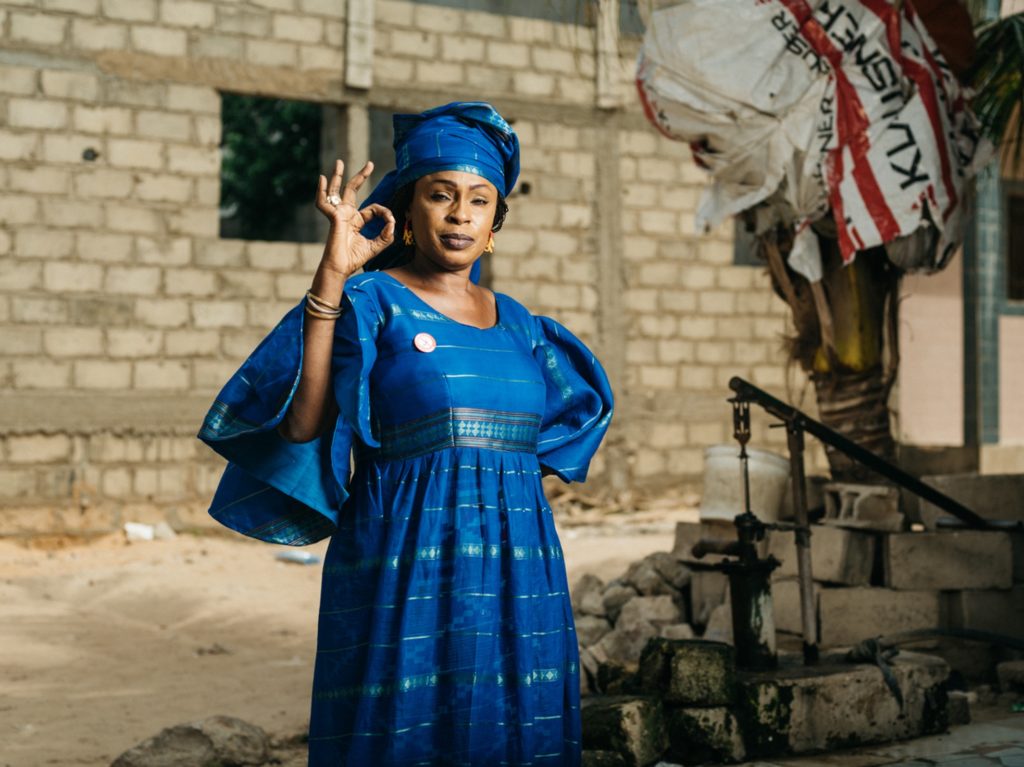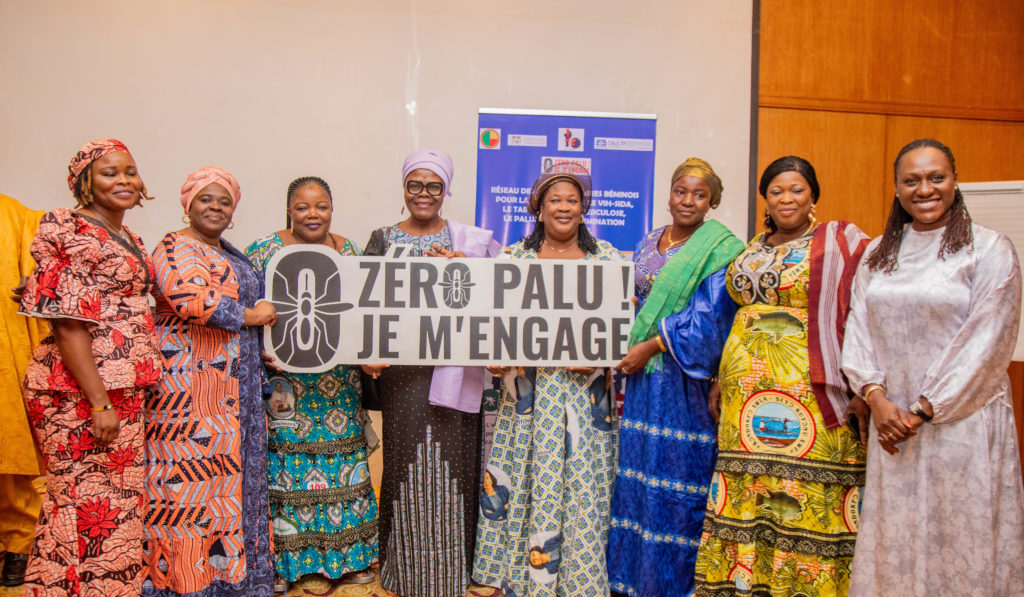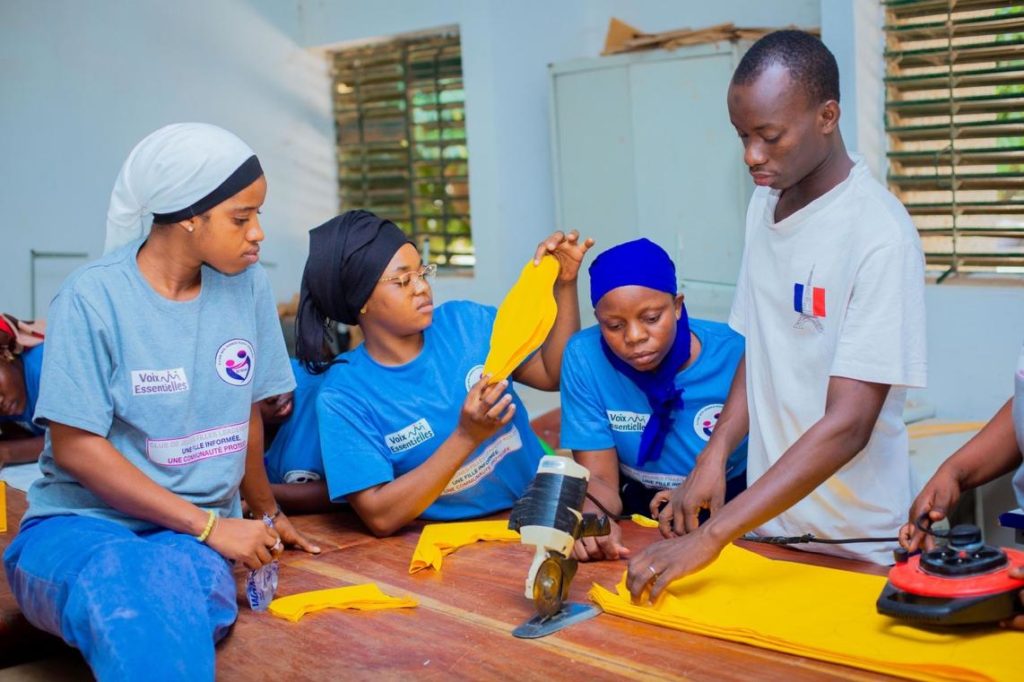Six African Countries Lead the Way to a Malaria-Free Africa by 2030.

Algeria, Comoros, Madagascar, the Gambia, Senegal, and Zimbabwe recognized by the African Leaders Malaria Alliance for their sharp decline in malaria cases.
Addis Ababa, Ethiopia (29 January 2018) – During the 30th African Union Summit, the African Leaders Malaria Alliance (ALMA) honored six African countries for their exemplary leadership in driving down malaria cases, even as regional and global progress risks losing momentum. The 2018 ALMA Awards for Excellence were presented to the heads of state of the following countries:
- Madagascar, the Gambia, Senegal and Zimbabwe for: reducing malaria cases by more than 20 percent from 2015 to 2016
- Algeria and Comoros for: being on-track to achieve a more than 40 percent drop incases by 2020ALMA is an alliance of 49 African countries working to end malaria on the continent by 2030. The ALMA Scorecard for Accountability & Action tracks progress and drives action on malaria control and elimination, and are chosen by an independent committee of experts in health, academia, and the private sector.
While malaria deaths have plunged by more than 60 percent since 2000, cases rose in a majority of African countries in 2016, signaling that years of progress are at risk of stalling.
MEMBERS
Angola Benin Botswana Burkina Faso Burundi Cameroon Cape Verde Chad Comoros Republic of Congo Democratic Republic of Congo Côte d’Ivoire Djibouti Egypt Equatorial Guinea Eritrea Ethiopia Gabon Ghana Guinea Kenya Lesotho Liberia Madagascar Malawi Mali Mauritania Mauritius Mozambique Namibia Niger Nigeria Rwanda Sahrawi Arab Democratic Republic São Tomé and Príncipe Senegal Seychelles Sierra Leone Somalia South Africa South Sudan Sudan Swaziland The Gambia Togo Uganda
United Republic of Tanzania Zambia Zimbabwe
“When we take our eyes off malaria, the cost for our countries is huge. Yet if we increase our efforts to control and eventually eliminate malaria, the yield we get from it is tremendous. It is time that we dig deep into our pockets and provide malaria programmes with the needed resources,” said H.E. Dr. Barnabas Sibusiso Dlamini, the Prime Minister of the Kingdom of Swaziland.
Commenting on the awards, United Nations Secretary-General António Guterres said: “In a new development era, we must go further, with greater resolve to not only reverse malaria incidence; but to stop transmission altogether. Success will require even greater commitment and stronger collaboration across sectors and borders, particularly as countries near their elimination targets.”
Speakers at the awards ceremony urged countries to prioritize funding for malaria, ensure that life-saving tools such as medicines, mosquito nets and indoor residual spraying reach the people who need them, while investing in better surveillance and strengthening health systems.
In recent years, with the support of global partners, countries like Rwanda have increased their reporting on malaria through their national health information systems. In addition, in 2017, African countries purchased and distributed 203 million mosquito nets to families across Africa, a record level.
“To continue to win the war against malaria, countries will have to work differently and smarter to outsmart the mosquito and the parasite it carries,” said Joy Phumaphi, Executive Secretary of the African Leaders Malaria Alliance. “ALMA stands ready to work with every country and partners to ensure that we achieve a malaria-free Africa.”
Malaria is a preventable and treatable disease that still affects hundreds of millions of families across the African continent. It keeps children out of school and prevents parents from earning a steady income, costing the African economy US$12 billion a year in direct losses, and 1.3 percent of lost annual GDP growth.
The ALMA Awards for Excellence come just two months after the World Malaria Report revealed that progress was fragile and uneven in 2016. More than 40 countries are on track to meet global elimination goals, yet cases went up by more than 20 percent in 25 countries, indicating a reversal in progress, including eight in the African region. Some 90 percent of all malaria cases and deaths still occur in Africa.
Starting this year, the ALMA Scorecard for Accountability & Action includes progress on combatting Neglected Tropical Diseases (NTDs), which, like malaria, disproportionately impact marginalized communities and are linked to poverty and inequity. The new NTD indicator reveals progress and tracks African leadership across the five most common NTDs in sub-Saharan Africa.
NTDs are some of the world’s oldest and most painful diseases, including rabies, leprosy and trachoma. More than 1.5 billion people, of which almost half are in Africa, are at risk.
“As heads of state and government at the African Union, we will have an opportunity to review our progress on neglected tropical diseases as part of the ALMA Scorecard. These diseases deserve our attention. Eliminating NTDs can put Africa on the path to prosperity and universal health coverage. I urge my fellow African leaders to build on the progress already made and increase their efforts to tackle NTDs and make them a subject for much concerted effort and action at the African Union,” said His Excellency Hailemariam Desalegn, Prime Minister of Ethiopia.
###
About ALMA
Founded in 2009, the African Leaders Malaria Alliance is a ground-breaking coalition of African Heads of State and government working across country and regional borders to achieve a malaria-free Africa by 2030. All African Union countries are members of ALMA.
For more information visit: www.alma2030.org


